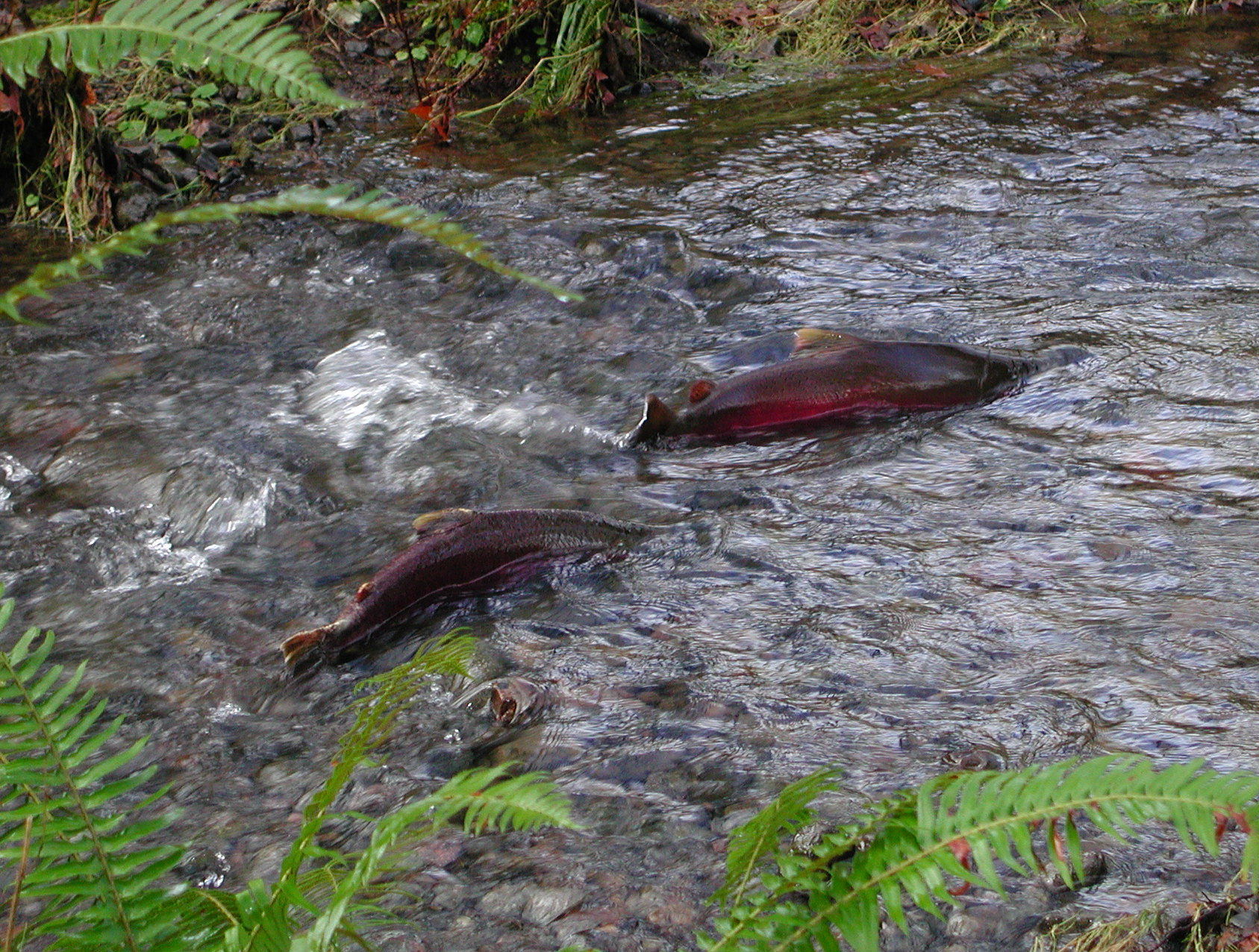FOR IMMEDIATE RELEASE
July 17, 2023
Contacts:
Nick Cady, Cascadia Wildlands, (541) 434-1463, nick@cascwild.org
Meg Townsend, Center for Biological Diversity, (971) 717-6409, mtownsend@biologicaldiversity.org
Renewed Cook Creek Logging Will Harm Coho Salmon, Marbled Murrelets
PORTLAND, Ore.— The Center for Biological Diversity and Cascadia Wildlands sued the Federal Emergency Management Agency and the U.S. Fish and Wildlife Service today for authorizing federal disaster relief funding to rebuild Cook Creek Road, a logging road in Oregon’s Tillamook State Forest.
Cook Creek Road has been closed since December 2015 when heavy rainfall washed out a section of the road into Cook Creek, halting all logging in the watershed.
“Rebuilding this logging road will seriously harm coho salmon, marbled murrelets and water quality in ways FEMA downplayed and completely ignored,” said Meg Townsend, senior freshwater attorney at the Center for Biological Diversity. “If FEMA is going to hand out federal disaster relief money to clearcut Oregon’s public lands, it must consider the harms from those activities. Cook Creek provides excellent clean water in the beautiful Coast Range for imperiled species and Oregonians alike.”
Today’s lawsuit says FEMA failed to consider harms to Oregon Coast coho salmon and marbled murrelets before authorizing funding to the Oregon Department of Forestry to rebuild the road. Coho salmon and marbled murrelets are protected as threatened species under the Endangered Species Act and live in the Cook Creek watershed. Federal agencies, including FEMA, are required to ensure that the actions and projects they fund do not jeopardize threatened species.
FEMA also ignored the harms from logging planned by the Department of Forestry, which has two timber sales slated for 2024 that would only be possible if the road is rebuilt. The sales involve clearcutting nearly 700 acres and constructing more than three miles of new logging roads on steep, landslide prone slopes in the Cook Creek watershed.
“FEMA should not be subsidizing commercial timber operations with disaster relief funds, and particularly not where it will harm threatened species and their habitat,” said Nick Cady, legal director of Cascadia Wildlands. “FEMA and the U.S. Fish and Wildlife Service must protect marbled murrelets and coho salmon from further harm to Oregon’s coastal forests.”
The complaint notes that road construction could begin as early as August 6, 2023.

###
Cascadia Wildlands defends and restores Cascadia’s wild ecosystems in the forests, in the courts, and in the streets. We envision vast old-growth forests, rivers full of salmon, wolves howling in the backcountry, and vibrant communities sustained by the unique landscapes of the Cascadia bioregion.
The Center for Biological Diversity is a national, nonprofit conservation organization with more than 1.7 million members and online activists dedicated to the protection of endangered species and wild places.
